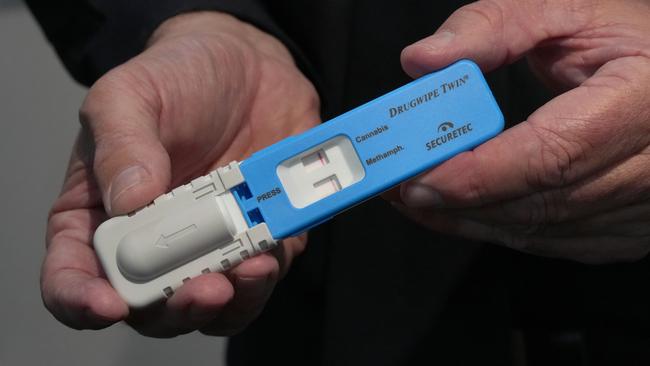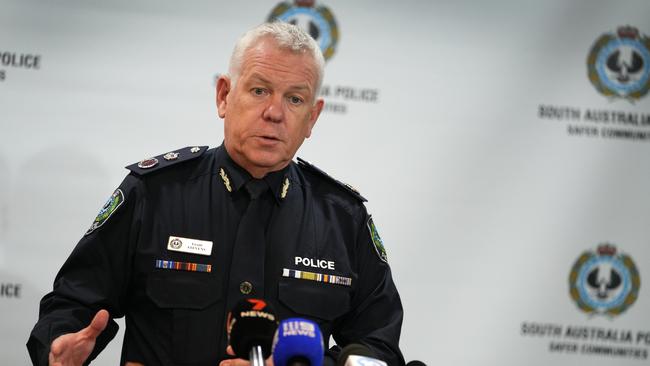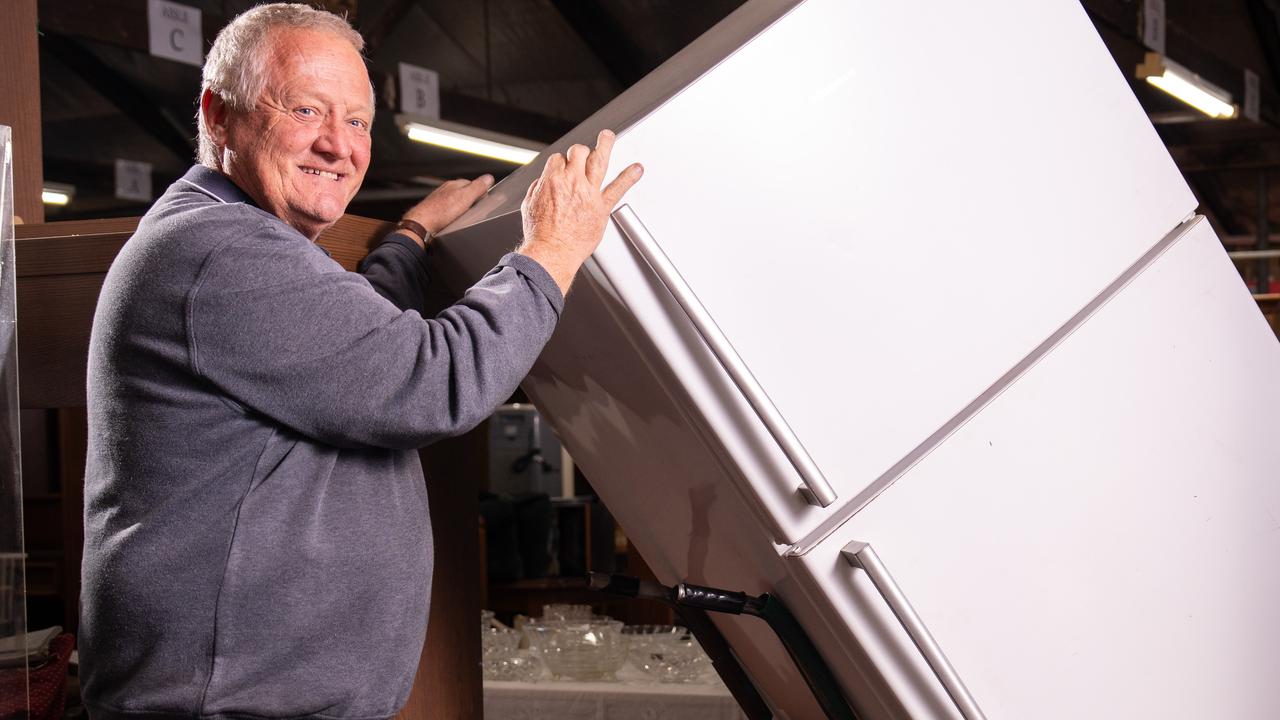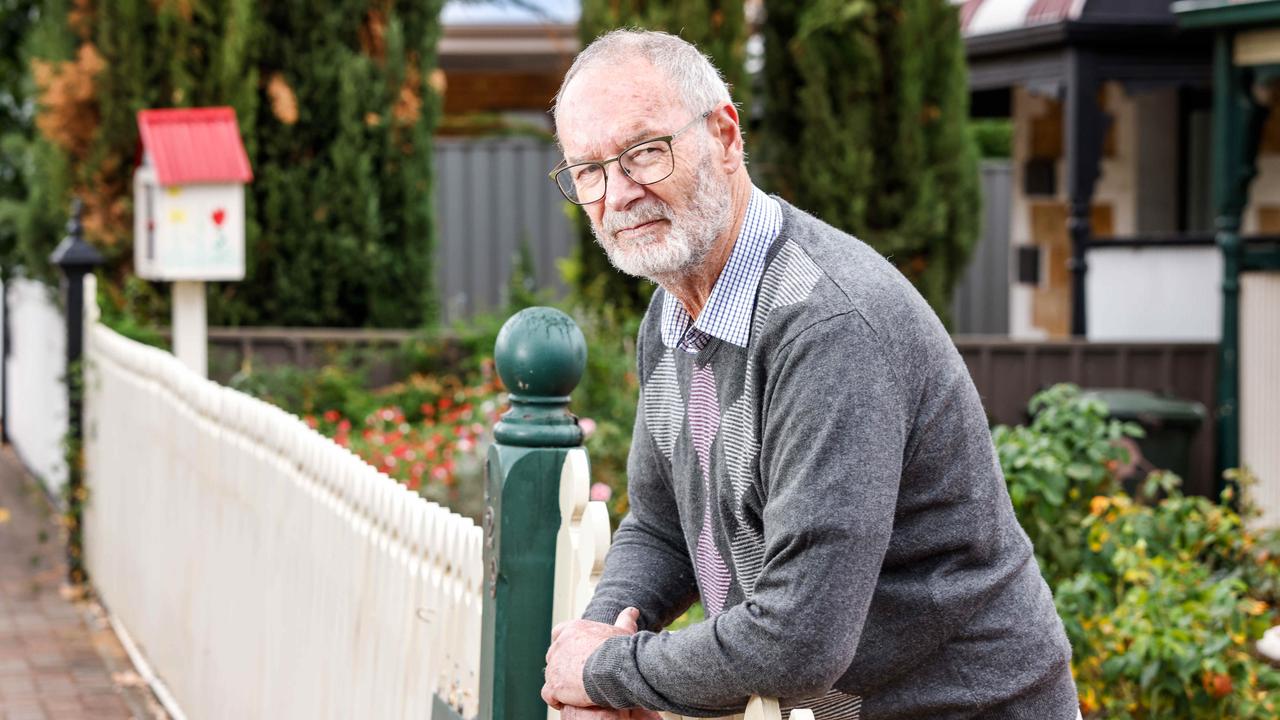SA Police will be rolling out drug testing for cocaine from early next
South Australia Police will be drug testing road users for cocaine from early next year, in a bid to improve road safety.

SA News
Don't miss out on the headlines from SA News. Followed categories will be added to My News.
Drivers and riders will be tested for cocaine from early next year, under new measures by South Australia Police to increase road safety.
SAPOL said cocaine will join the list of drugs including methamphetamine, cannabis and MDMA (ecstasy), that they check for during a random drug test.
The drug, formally known as cocaine hydrochloride, is a central nervous system stimulant that speeds up the brain, and can be detected in a driver’s system up to 24 hours after it has been consumed.
SA Police will begin with a tender to identify suitable drug screening tests with advanced capability.
Once a tender has been selected, they will change the required regulations for testing to be rolled out in early 2025.

Last year, 31 lives were lost and 112 serious road injuries were correlated to a driver or rider testing positive to drugs, SA Police said.
The number of serious crashes involving drivers with cocaine has increased in the past five years.
“Between 2018 and 2023, cocaine was implicated in nine fatal crashes – this is unacceptable,” Mr Stevens said.
“It is crucial that drug testing includes cocaine to keep these dangerous drivers from our roads.”
The negative side effects of cocaine consumption include overconfidence and aggression, reduced inhibition, increased risk-taking behaviours, agitation, loss of concentration, delusion, and affected vision.

The penalties for drug driving offences in our state include a $849 fine, a $102 victim of crime levy, a minimum of three months of disqualification, and four demerit points.
Drivers who refuse or fail to comply with a random drug test will face the existing penalty of an immediate 12 month loss of licence, six demerit points, and a court imposed penalty.
Acting Minister for Police Susan Close said the reform is expected to immediately “help save lives and remove more dangerous drivers”.
“This sends an even clearer message to those who choose to use drugs and put others at risk behind the wheel,” Minister Close said.
“It builds on the Government’s drug driving reforms that allow officers to strip dangerous motorists of their licence as soon as they are caught.”
The national average cocaine consumption for capital cities and regional areas is at the highest level – since reporting began in August 2016 – according to Australian Criminal Intelligence Commission National Wastewater Drug Monitoring.





